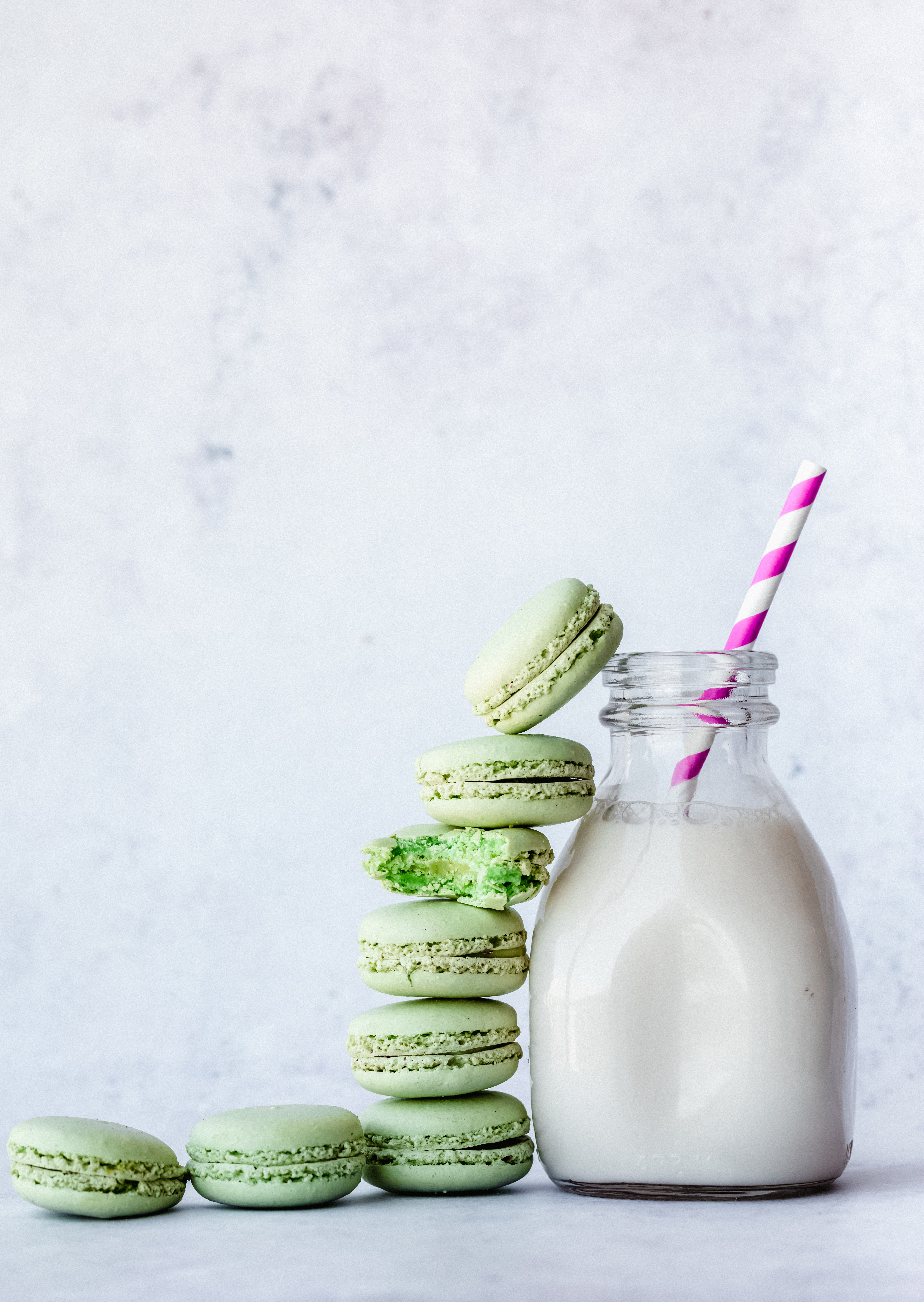Whether you’re enjoying a newfound smoothie habit or simply looking for a way to add sweetness to your morning oatmeal without adding loads of calories, you’ve probably wondered about the many different no-calorie sweeteners. What’s the difference? As it turns out, there’s a massive divide between the best and worst.
Aspartame
Scan the ingredients listed on the side of a can of diet soda, and you’re likely to see aspartame listed among them. This chemical sweetener can cause headaches, and thanks to phenylalanine, a product that occurs when aspartame breaks down in your system, gut enzymes are blocked from working as efficiently as possible. This can lead to metabolic syndrome, which in turn contributes to obesity.
Researchers have discovered that drinking just two diet sodas per day can lead to an incredible 500 percent increase in waist size, plus it can raise blood glucose levels and increase the risk of diabetes
Sucralose
Often referred to by its brand name, Splenda, sucralose is sold under a variety of generic labels. Its claim to fame is that it “comes from sugar” but the end result is a chemical cocktail that is processed using chlorine. Sucralose hasn’t been proven to harm human health, but it’s unnatural and should be avoided.
Stevia
Stevia is derived from a plant in the mint family, and it’s completely free of calories. Stevia is a far safer alternative to sugar than chemical-laden aspartame and sucralose, but be careful when you choose a sweetener. Some blends contain sugar, some contain sucralose, and some contain fillers made with genetically engineered (GMO) crops. If you want to enjoy stevia in its purest form, just grow the herb in a pot on your windowsill. A little goes a long way.
Monkfruit
Monkfruit is a minuscule subtropical melon that originates in Asia. While it offers intense sweetness, it is completely sugar free. It has been cultivated for more than 200 years, and it is produced without genetic engineering. Be sure to look for a high-quality organic version of monkfruit if you decide to try it, as some forms have additives. The U.S. FDA has determined that monkfruit is safe, and there are no known side effects.
Xylitol
Xylitol is a form of sugar alcohol that is made via a fermentation process. It contains far fewer calories than sugar, agave syrup, or honey, but more than stevia or monkfruit. Look for an organic version to ensure that you’re getting the safest product possible, and use it in moderation since too much can cause gastric upset. Also, keep xylitol away from your pets. Even a little bit can cause a life-threatening change in your dog’s blood sugar and lead to death.
Now that you know more about alternative sweeteners, try them out! Stevia, xylitol, and monkfruit work very well in smoothies and with some experimentation, you might find that they do a good job of adding sweetness to some of your favorite baked goods, too.
Resources
http://www.cbc.ca/news/health/artificial-sweeteners-tied-to-obesity-type-2-diabetes-1.1352987

